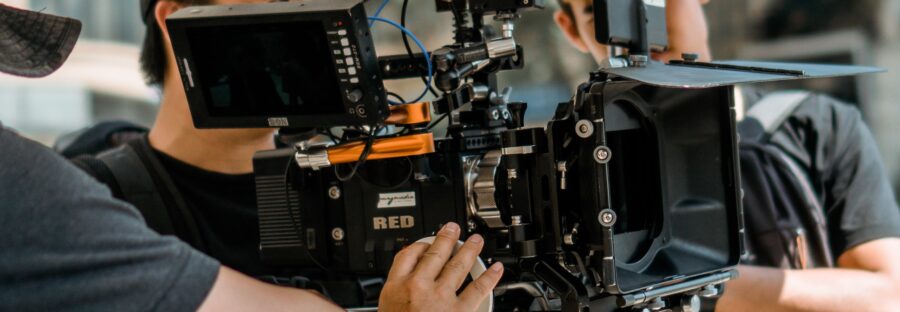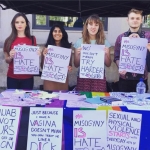Filmmaking industry women are scared of being written out.
- The inequalities in the filmmaking industry is to analyse how current practising and learning filmmakers have been affected.
- So many opportunities to pursue filmmaking as a career, for most, it starts at an academic level.
- Women often make it difficult for each other, we literally pull each other down constantly.
Experience speaks louder than any statistics a news organisation or magazine want to inundate a person with. Every meaningful story has humans at its centre, and it is the best way to connect with people.
The most effective way to demonstrate the inequalities in the filmmaking industry is to analyse how current practising and learning filmmakers have been affected.
‘For me, filmmaking is an art form, used to educate and entertain’
Nikki Ross
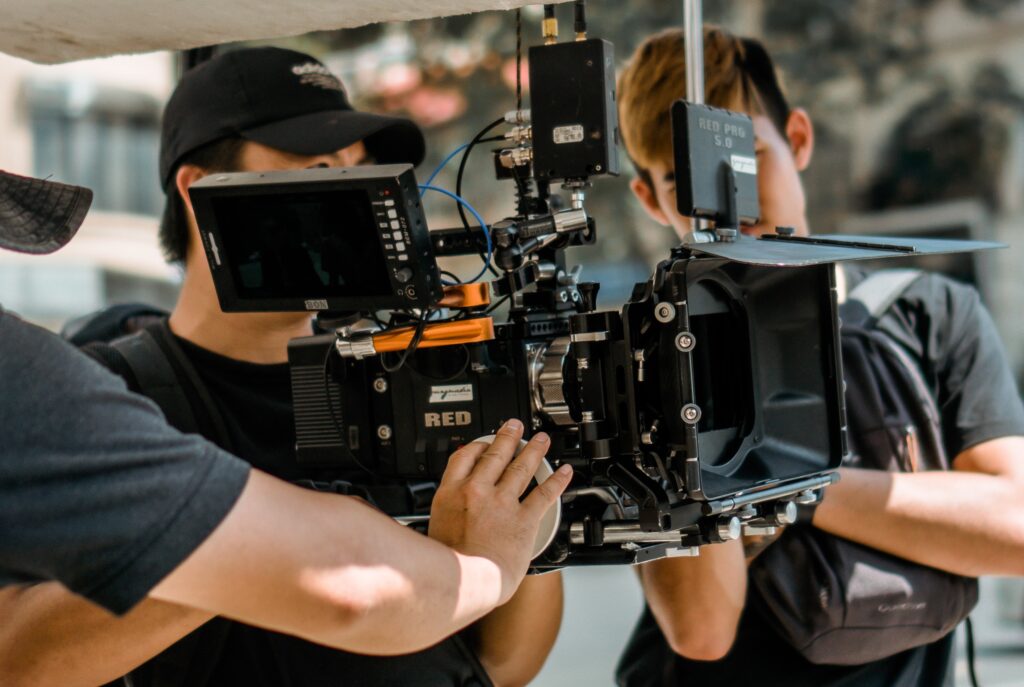
One of the problems that cinema audiences encounter when they watch a film is the idea, presentation, and manifestation of The Male Gazed Theory, explored by Laura Mulvey which explained when audiences are watching a film or music video.
They have to view characters from the perspective of a heterosexual male because men are mostly in control of the camera and its directorship.
For a variety of viewpoints to be explored and for an audience connection, a balance of perspectives is required to be used.
With so many opportunities to pursue filmmaking as a career, for most, it starts at an academic level, where a student makes the conscious decision that this is what they want to do with the rest of their life.
‘It’s a way to express myself but also to spread a message’
Nikki Ross
Setbacks due to gender
“For me, filmmaking is an art form, used to educate and entertain,” Nikki Ross, a filmmaking student based in Manchester explained when asked about her reasoning for pursuing a filmmaking degree.
“It’s a way to express myself but also to spread a message and to tell people’s stories through the eye of a lens,” Ross continued.
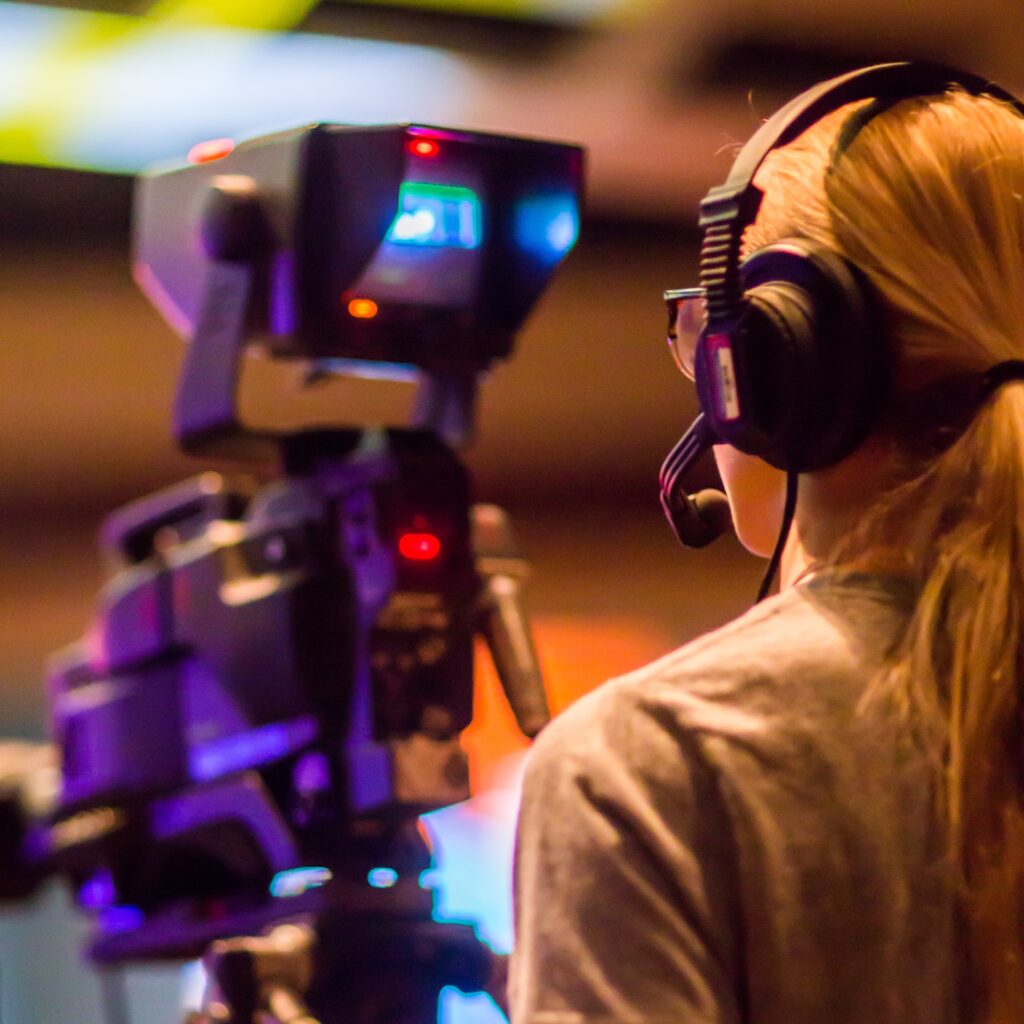
Nikki Ross as a current student of filmmaking explains she hasn’t faced many setbacks due to her gender, although she is aware of real world limitations that could hold her back from succeeding as a director.
“As the only female in the directing module, it was slightly intimidating and I felt out of place,” Ross explained but felt more motivated by this fact.
“This was all the more reason to prove myself and I feel that as a woman, I have a role to play in order to show that it is just as achievable for a female as it is a male.
‘Making films has been interesting to me ever since I was little’
Nikki Ross
Promoting female filmmakers
It’s important to promote female directors as they bring a unique perspective to storytelling. By promoting female filmmakers, this could lead to stories and characters that resonate more deeply with underrepresented communities.”
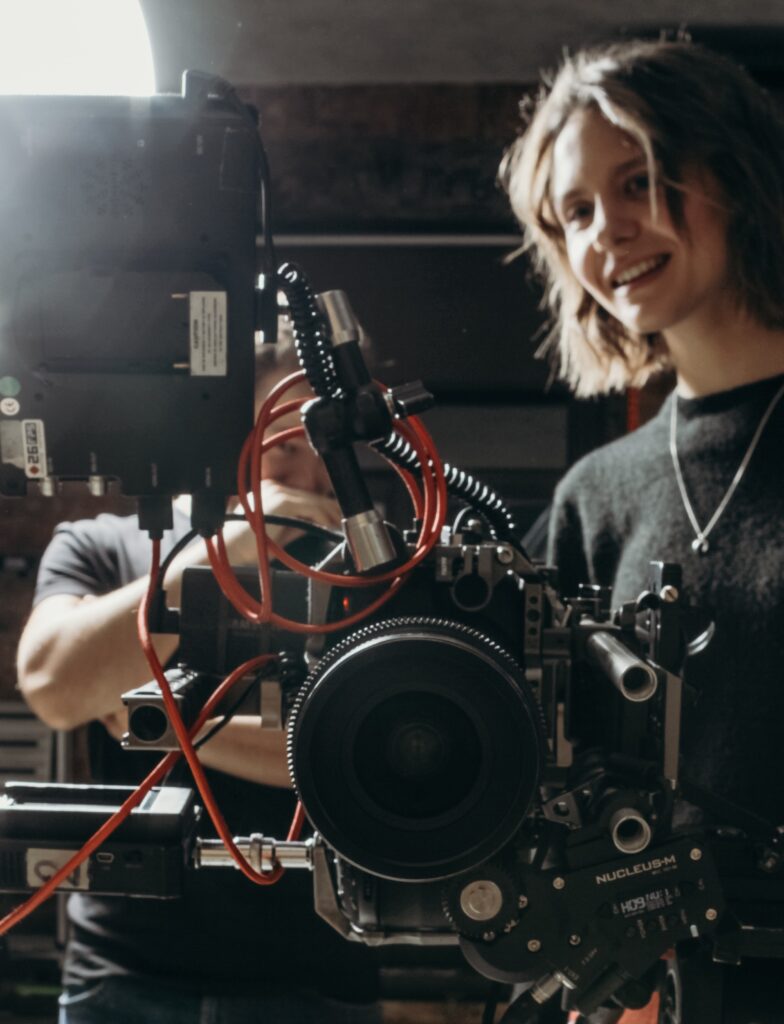
There is also a significant number of actresses in Hollywood who choose to take on more responsibility as either a director or executive producer, or even models who decide on a career change and enter the world of Hollywood, having already begun to make a name for themselves.
Some of the best female filmmakers fall into filmmaking from other professions and Valeria Sweet, American actress, writer and award-winning filmmaker discusses her cinematography work and how she grew her passion for filmmaking after emerging from a modelling background.
“Making films has been interesting to me ever since I was little. I became an actress first and added writing, producing and directing as I came up.
Being on set and making films was my film school.” Valeria Sweet has gone on to receive various accolades at Burbank International Film Festival, Los Angeles Movie Awards.
US Hollywood International Golden Film Award, Las Vegas International Film and Screenwriting Festival and many more.
With her current journey and progress in the filmmaking industry, she has explained some of the boundaries she faced due to being a woman.
“Coming up, it was tough navigating the industry both as a young actress and female filmmaker because men would try to lure you on dates under the guise of helping you with projects.
On the other hand, sometimes you’re not invited to the boy’s club.”
Sweet mentioned about male filmmakers luring women into false senses of security and this may raise a few reminders of an ordeal that occurred in 2017.
#MeToo movement
The #MeToo movement was strengthened by the discovery of Harvey Weinstein’s sexual crimes against women in the industry, exposed by New York Times journalists, Jodi Kantor and Megan Twohey, highlighting just some examples of corruption against women in Hollywood, both on and off-screen.
“You have to find your own crowd, your own crew. Navigating this process has been very interesting and pushed me to make my own films.
It’s important to spotlight female filmmakers, so young girls and women see there are examples of what they want to do and that it’s possible for them.”
‘I just wanted to work in the industry’
Vicky McIntyre
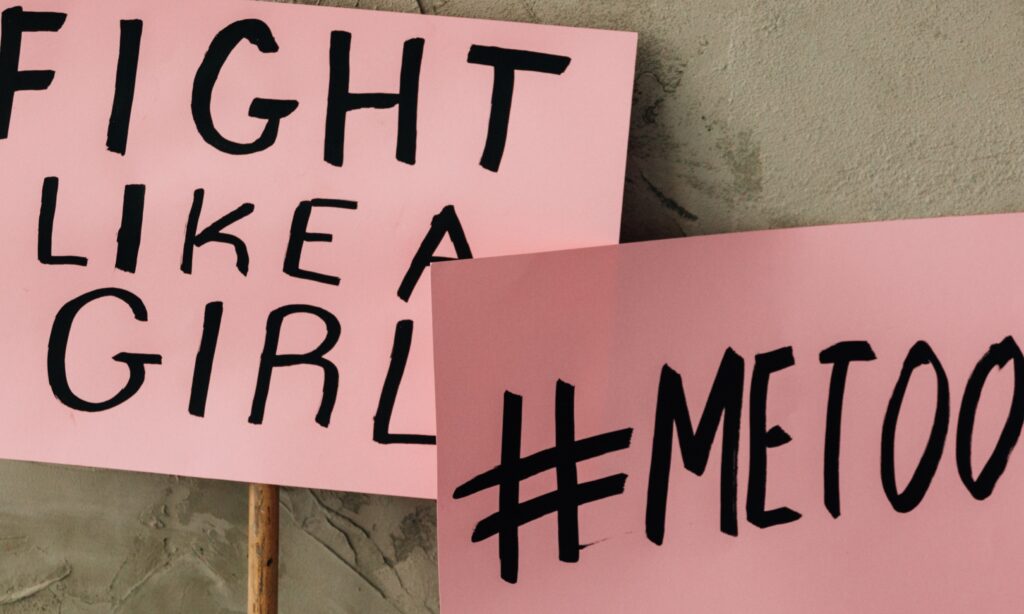
Vicky McIntyre, a filmmaker based in Manchester explained how a career of filmmaking found her after experimenting with the equipment. “I started with a VHS camera in the 80s.
After university, I just wanted to work in the industry, anything as long as it was on the technical side.”
McIntyre has also faced some oppression from being a woman, particularly for wanting to work in the technical side of production.
“As a female in the industry, I was a bit of an anomaly wanting to be on the technical side. It was always presumed I was on the makeup team or on production.
I once felt awkward and not wanted on a production where the operator I was assisting was just horrible to me.”
Monique Efta, an American filmmaker also spoke about her experiences of navigating the industry after deciding on a career change and a move to LA, and some of the challenges she has also encountered.
‘Sometimes I feel like I haven’t been taken seriously because of the combination of my age and gender’
Monique Efta
The competition
“Sometimes I feel like I haven’t been taken seriously because of the combination of my age and gender.” Efta explained how there is even competition between the female filmmaking community, making life and work difficult.
“I think that women often make it difficult for each other. We literally pull each other down constantly when we feel there is competition.”
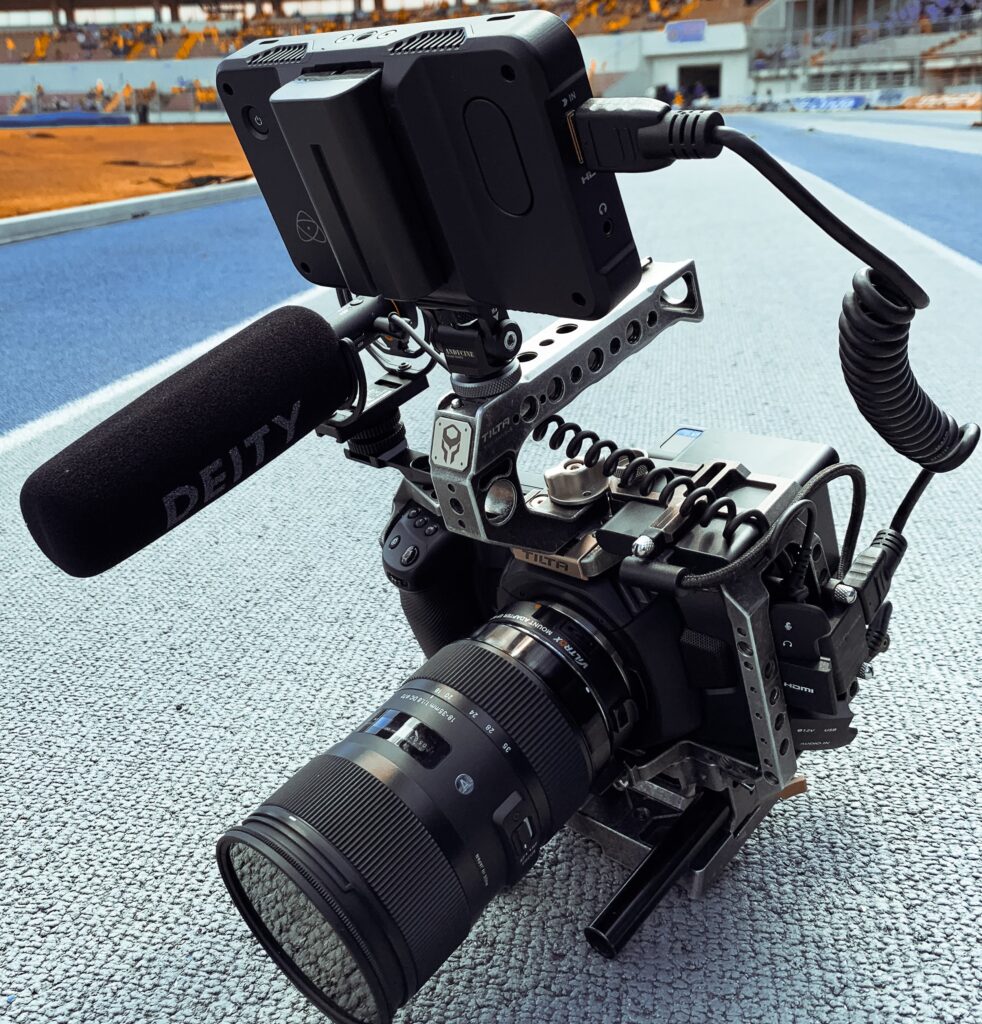
This level of competition may stem from the idea that some women are scared of being written out of filmmaking history and are striving to make a name for themselves, competing because of the lack of opportunities that were available to them.
With studios being called to answer for lack of diversity, this is hopefully going to change for the better.


